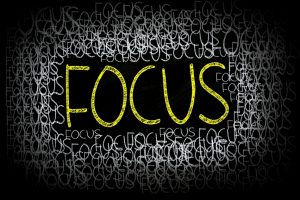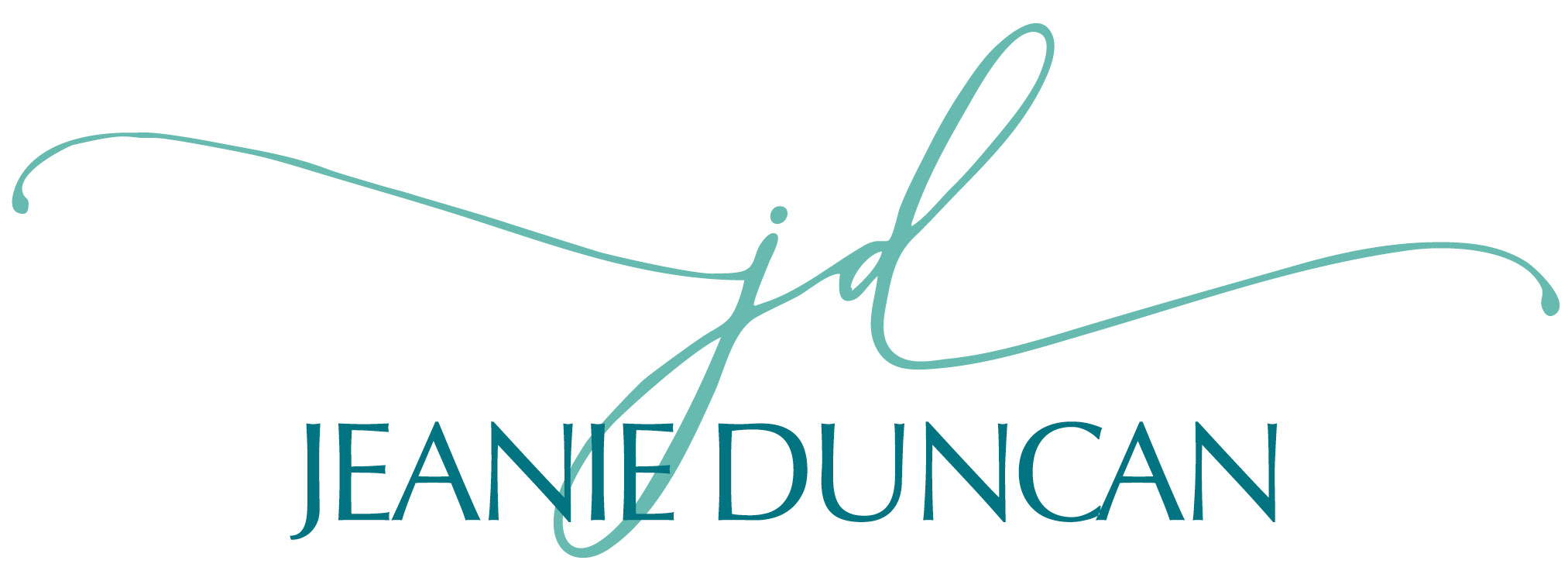
Limit Yourself to the Essential – In Life and Work
It topped 50 degrees last Sunday…almost enough to give me some early spring fever in January. I decided to curl up in my window seat, enjoy the warm sunshine, and savor a thought provoking read, “The Power of Less” by Leo Babauta. In keeping with his mantra, the book is brief enough to finish in an afternoon. Bonus!
Just three days later, I can’t stop thinking about his core principles. I find them so meaningful and effective that I’d like to highlight a few. I’m especially enjoying the one “simple focus.” What a difference I’m experiencing with only a few days of intentional practice. I hope you’ll give them a try too!
Set Limits
We live in a world where we’re overwhelmed with ‘stuff.’ Our homes are filled with too many things. Our days are packed with an unending string of meetings and tasks. The inbox overflows with dozens of emails. We have too much – clutter, information, tasks, and choices. It simply won’t all fit.
With a ‘less is more’ framework, Babauta encourages a life with limits. “Setting limits simplifies things, focuses our energy, highlights the important, and makes us more effective.” It’s as if time and space expand.
This week, I’m paying more attention to when and where I feel the overload and need for cutting back. I’ve turned off the distracting visual email prompts, assessed meeting invitations with a new lens and declined more than typical, and reduced the number of blogs and listserves to which I subscribe. Already, it feels freeing.
Choose the Essential and Simplify
Choosing the essential is the key to simplifying – you have to choose the essential before you simplify, or you risk eliminating things without keeping the most important. “Simplifying isn’t meant to leave your life empty – it’s meant to leave space for what you really want to do.”
For me, getting to the essential starts with eliminating the non-essential – like the quote from sculptor Michelangelo, “I saw the angel in the marble and carved until I set him free.”
However you get there, once you know what’s essential, you reduce projects, tasks, commitments, and clutter. In my work with my executive coaching clients, an important part of the process is for a client to know his/her core values, set goals, and confirm what’s most important and brings you the greatest joy.
Simple Focus
 The “Power of Less” presents focus as the most important and powerful tool – “focus on less to become more effective.” Intellectually, I get it, but practice it is far more difficult. Here’s what helps me most:
The “Power of Less” presents focus as the most important and powerful tool – “focus on less to become more effective.” Intellectually, I get it, but practice it is far more difficult. Here’s what helps me most:
- Identify the most important priorities (and tasks).
- Keep these front and center. I do this by creating an annual plan, then breaking that down by quarter, month, week, and day.
- Begin each day by focusing on the most important tasks, executing these one at a time until complete.
- Resist checking email and exploring the internet first thing in the day, otherwise I become occupied by urgent or intriguing distractions.
- Focus on the present instead of the past or future. This is so challenging! I compare it to attempting to quiet my mind during meditation. It helps to practice with the simple things in my day – eating, driving, sleeping – focusing only on that, and enjoying it. When I can do that, it feels like pure flow.
Start Small
Send your overachiever to time out! Starting small is simply a way to ensure the greatest likelihood of success for all the other changes.
Think of the fail rate with New Year’s resolutions: we start the year excited and rearing to go. Like a Thoroughbred out of the gate, we charge forward – make the first lap and maybe a second, and then start to lose steam or quit altogether. The value of setting realistic, achievable goals is important to have any chance of success.
This reminds me of when I began running. My son was in the 4th grade at the time and asked me to run with him to prepare for his school’s 1-mile event. For a week or two, we practiced together, and he accomplished his goal. Next, we decided to sign up for a local 5K. We completed it, and by then I began to enjoy running.
For the next year, I ran several community 5K events. I decided to step it up and run 10Ks the next year. Then, in year three, I trained for and ran my first half marathon. Now, eight years later, I’ve completed about ten half marathons. Starting small was key to my running success and sustainability.
Declutter
This principle begins with “A clean desk allows you to focus on the task at hand, which is key to being effective in whatever you’re trying to do.” So today, in honor of this idea, I cleaned up my office and desk. Maybe it’s just in my head, but afterward I swear I was able to think more clearly and accomplish more.
Another way I’ve practiced this principal recently is conducting a home inventory and identifying things we no longer use. We’ve made countless trips to our local Goodwill, learned how to “do eBay,” and have experienced good success in selling many items. It’s inspired us to set new goals geared toward decluttering and downsizing, like:
- Set aside time to clean out.
- Start simple – with one room, a closet, or a drawer
- Handle paperwork only once, taking immediate action (like paying a bill), filing, or tossing it.
- Have a home for everything and keep things in their place.
- For every item you bring into your home, remove something of equal size and significance.
Slow Down
Years ago, I decided to take a sabbatical for a few months. One of the first things I experienced was a much slower pace. I stepped off the frantic work treadmill, engaged in some creative pursuits, and savored the foreign white space on my calendar. My friends worried that the change was so abrupt, I would need therapy. Not the case!
Before this “time out,” my life was jam-packed. I never completed a task list, rushed everywhere I went, and felt behind, late, and exhausted. I had enthusiastically signed up for this career and professional leadership role, but I didn’t want to live my life like this.
As Babauta states in his book, “We were not made to function this way…the stresses of constant overload and a constant hectic pace for every waking moment.” The paradox is to slow down to be happier, more effective, and productive.
During my time off, I consciously slowed down. I ate slower, walked slower, drove slower. Here’s a novel idea: when you eat, just eat. Enjoy it. Savor it. Truly taste it. Try the same for driving: appreciate the complete experience of driving and notice what’s around you. Do you ever arrive at a destination and have no recollection of how you got there? My goal then and still today is to shift away from that and be fully present with whatever I’m doing. I probably fail more than I succeed, but this book is a great reminder to re-focus.
 About Jeanie Duncan: Jeanie is President of Raven Consulting Group, a business she founded that focuses on organizational change and leadership development in the nonprofit sector. She is a senior consultant for Raffa, a national firm working with nonprofit clients to lead efforts in sustainability and succession planning, executive transition and search. Additionally, Jeanie serves as adjunct faculty for the Center for Creative Leadership, a top-ranked, global provider of executive leadership education.
About Jeanie Duncan: Jeanie is President of Raven Consulting Group, a business she founded that focuses on organizational change and leadership development in the nonprofit sector. She is a senior consultant for Raffa, a national firm working with nonprofit clients to lead efforts in sustainability and succession planning, executive transition and search. Additionally, Jeanie serves as adjunct faculty for the Center for Creative Leadership, a top-ranked, global provider of executive leadership education.


